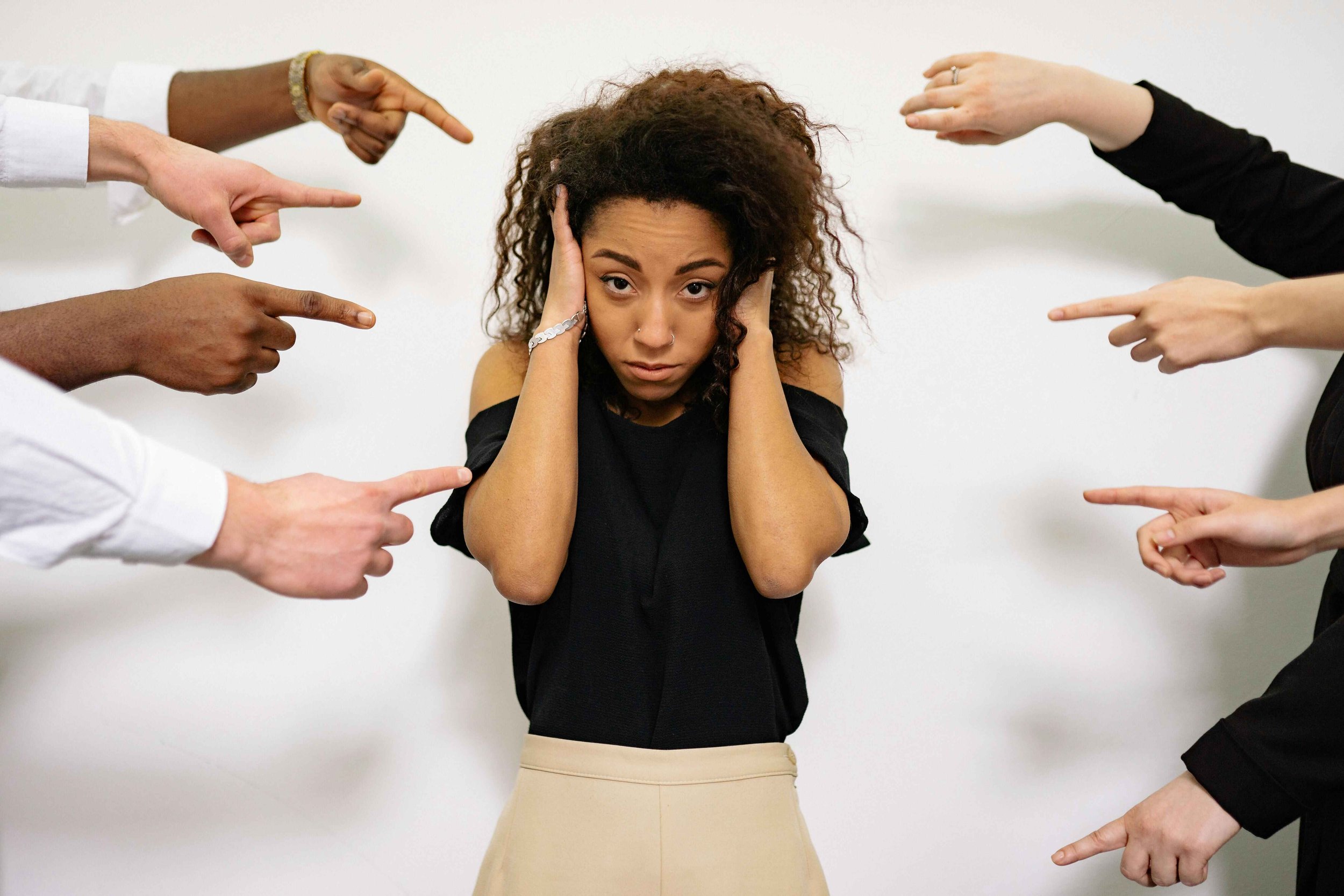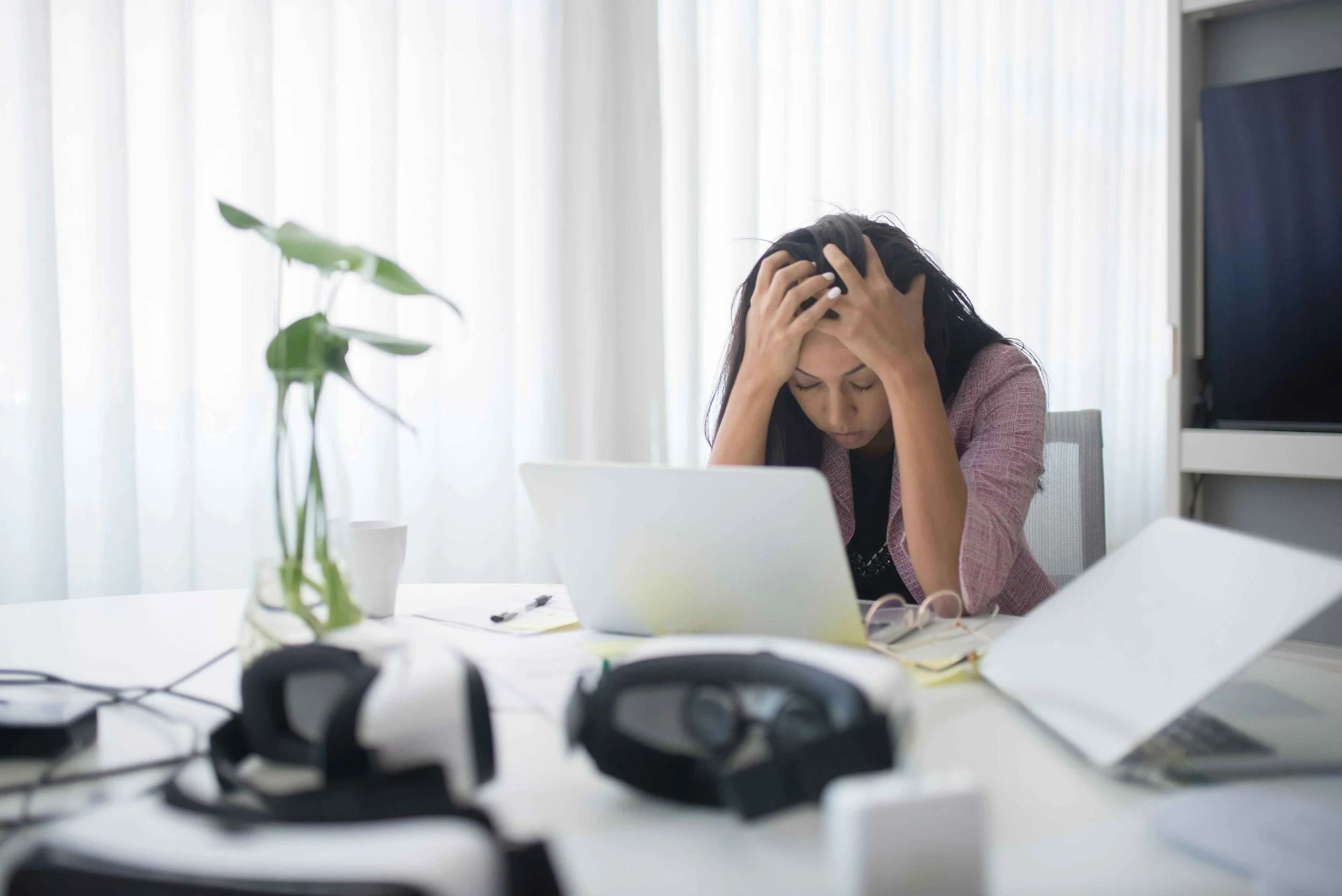Perfectionism can look like success on the outside- high standards, drive, ambition- but on the inside it often feels like constant pressure, self-criticism, and never quite being “enough.” In a fast-paced, achievement-oriented city like New York City, those patterns can become especially intense. Many people find themselves stuck in cycles of overthinking, burnout, procrastination, or anxiety, even as they continue to perform at a high level. Perfectionism is not a flaw, it’s often a coping strategy that once helped but now may be holding you back.
Online perfectionism therapy in NYC offers a flexible, effective way to unpack these patterns without adding more stress to your schedule. From the comfort of your home or office, you can work with a licensed therapist at Anchor Therapy who understands the unique pressures of city life and high-performing environments. Through virtual sessions, therapy can help you loosen the grip of unrealistic standards, build self-compassion, and develop healthier ways to pursue goals so success no longer comes at the expense of your well-being.






























